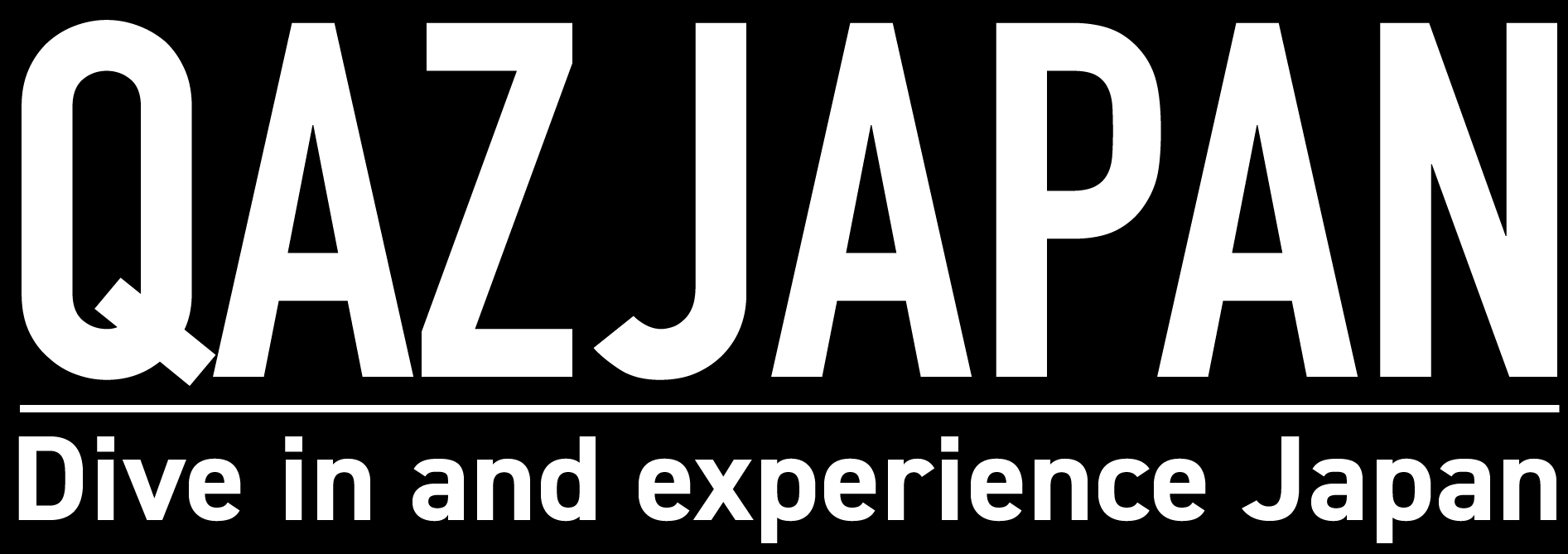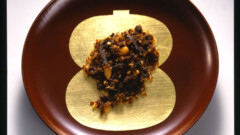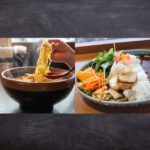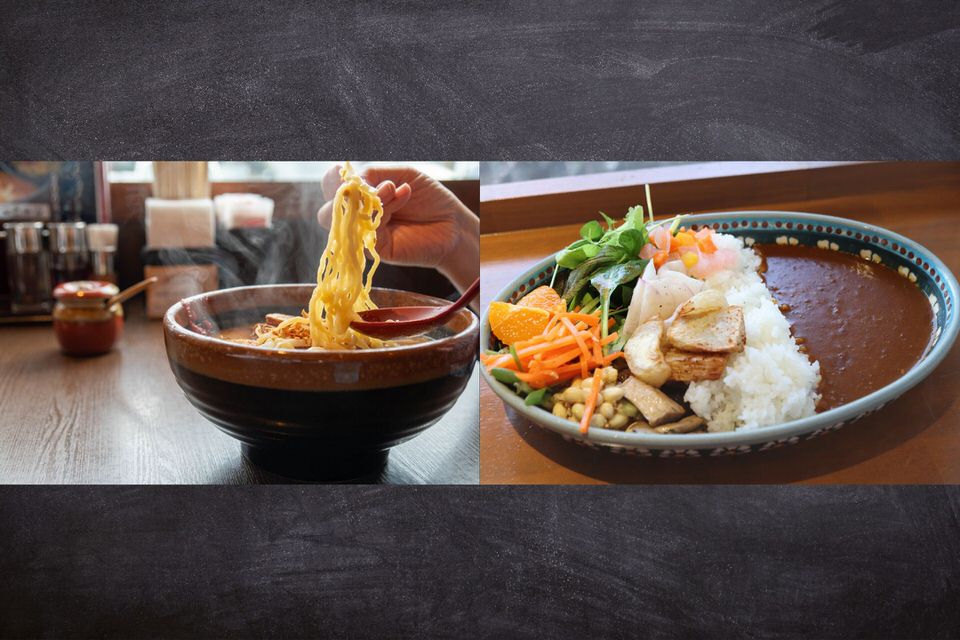A Unique Ramen Shop Attracts Harvard Business School
The management method of “Yume Wo Katare,” a ramen shop, in Boston currently draws much attention. Tsuyoshi Nishioka opened the unique ramen restaurant in 2012.
Yume Wo Katare offers the Jiro-style ramen which is known for having many die-hard ramen fans in Japan. Typically, the serving size of the Jiro-style ramen is quite big; the ramen is topped with a bowl full of meat and vegetables with a lot of garlic. What sets Yume Wo Katare apart from other ramen establishments is that it is a place where you can share your dreams with other diners after you finish the ramen. The fellow diners will show support and ask questions about your dream. The owner Nishioka says, “We offer not only ramen, but also the space for you to share your dreams.” To provide such an opportunity, the shop has various systems. One of the systems, “Positive Cycle,” is to help the fellow dreamers. It is a Pay It Forward program; you pay for the meal of a future diner to support his/her dreams. The young dreamer can have a bowl of ramen and share his/her dreams with other customers.
Interestingly, Yume Wo Katare does not have sales goals; it does not even set a financial management benchmark. Instead, the restaurant has a targeted number of dreams. In 2016, the goal was to reach “20,000 dreams shared.” (The actual number was 23,050.) In 2017, the goal was “40,000 dreams shared.” They started counting the number of people who shared their dreams as well.
Although Nishioka only runs one restaurant himself, there is no end of those future entrepreneurs who wish to be apprenticed to him. He is not interested in operating multiple stores to make a profit. “I think it works better if they create their own goals. I should not manage their dreams,” he says. When people came to Boston to train underneath him, he let them stay at his house and learn the know-how from him at no charge. Now, there are 12 ramen shops opened by his apprentices.
The students at Professor Hirotaka Takeuchi of Harvard Business School became interested in Nishioka’s unique management style and studied it for half a year. BBT (Business Breakthrough) University in Japan also invited him to give a lecture. “What I focus is the number of people who became to take the initiative to share their dreams, the number of people who shared dreams, and the number of dreams shared. Sales is necessary but not important. I give a green light to a new project if I can predict it will not be in the red,” Nishioka says.
Yume Wo Katare has never recorded loss since its opening.


















